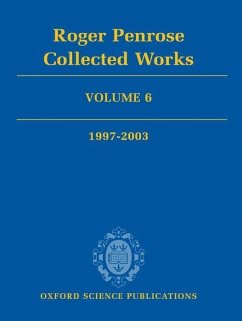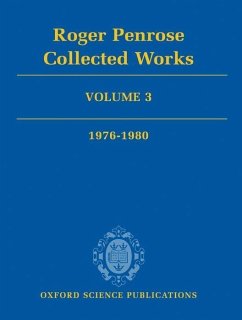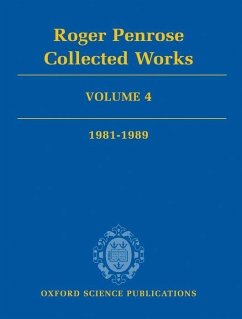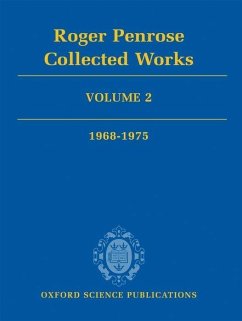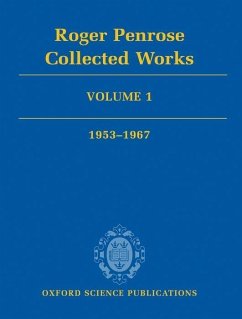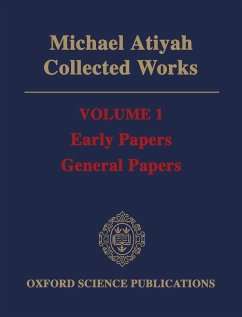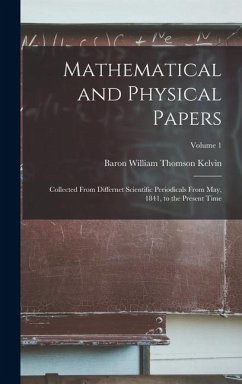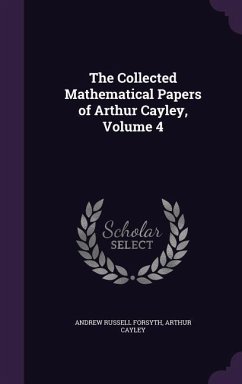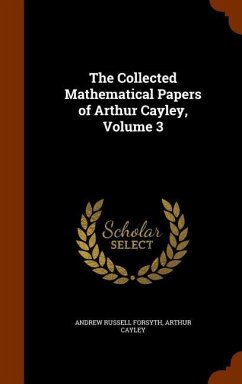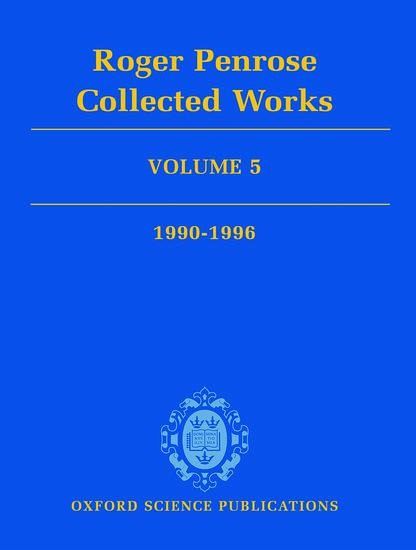
Roger Penrose: Collected Works, Volume 5
1990-1996
Versandkostenfrei!
Versandfertig in über 4 Wochen
302,99 €
inkl. MwSt.

PAYBACK Punkte
151 °P sammeln!
Professor Sir Roger Penrose's work, spanning fifty years of science, with over five thousand pages and more than three hundred papers, has been collected together for the first time and arranged chronologically over six volumes, each with an introduction from the author. Where relevant, individual papers also come with specific introductions or notes. Publication of The Emperor's New Mind (OUP 1989) had caused considerable debate and Penrose's responses are included in this volume. Arising from this came the idea that large-scale quantum coherence might exist within the conscious brain, and ac...
Professor Sir Roger Penrose's work, spanning fifty years of science, with over five thousand pages and more than three hundred papers, has been collected together for the first time and arranged chronologically over six volumes, each with an introduction from the author. Where relevant, individual papers also come with specific introductions or notes. Publication of The Emperor's New Mind (OUP 1989) had caused considerable debate and Penrose's responses are included in this volume. Arising from this came the idea that large-scale quantum coherence might exist within the conscious brain, and actual conscious experience would be associated with a reduction of the quantum state. Within this collection, Penrose also proposes that a twistor might usefully be regarded as a source (or 'charge') for a massless field of spin 3/2, suggesting that thetwistor space for a Ricci-flat space-time might actually be the space of such possible sources. Towards the end of the volume, Penrose begins to develop a quite different approach to incorporating full general relativity into twistor theory. This period also sees the origin of the Diósi-Penroseproposal.



